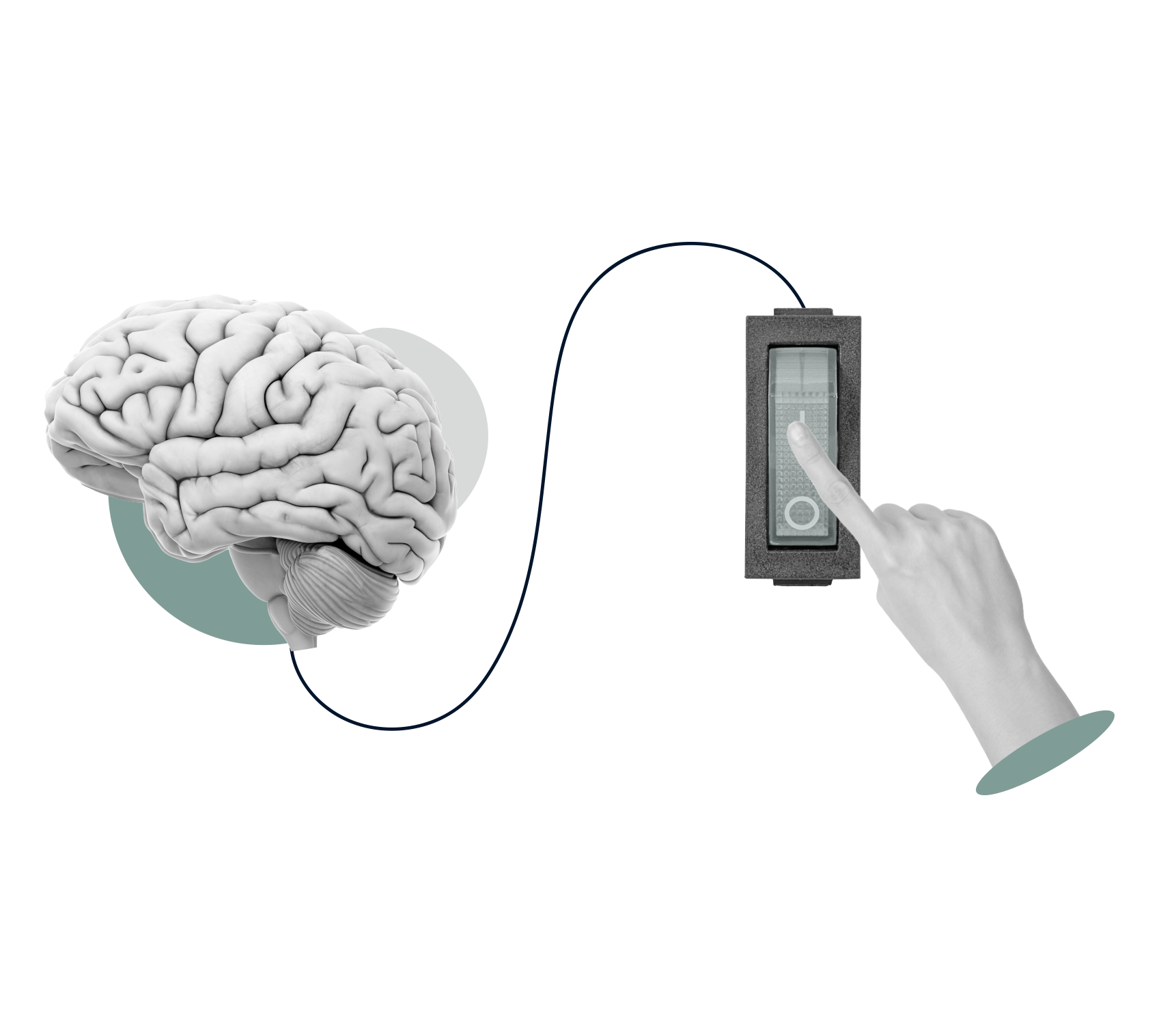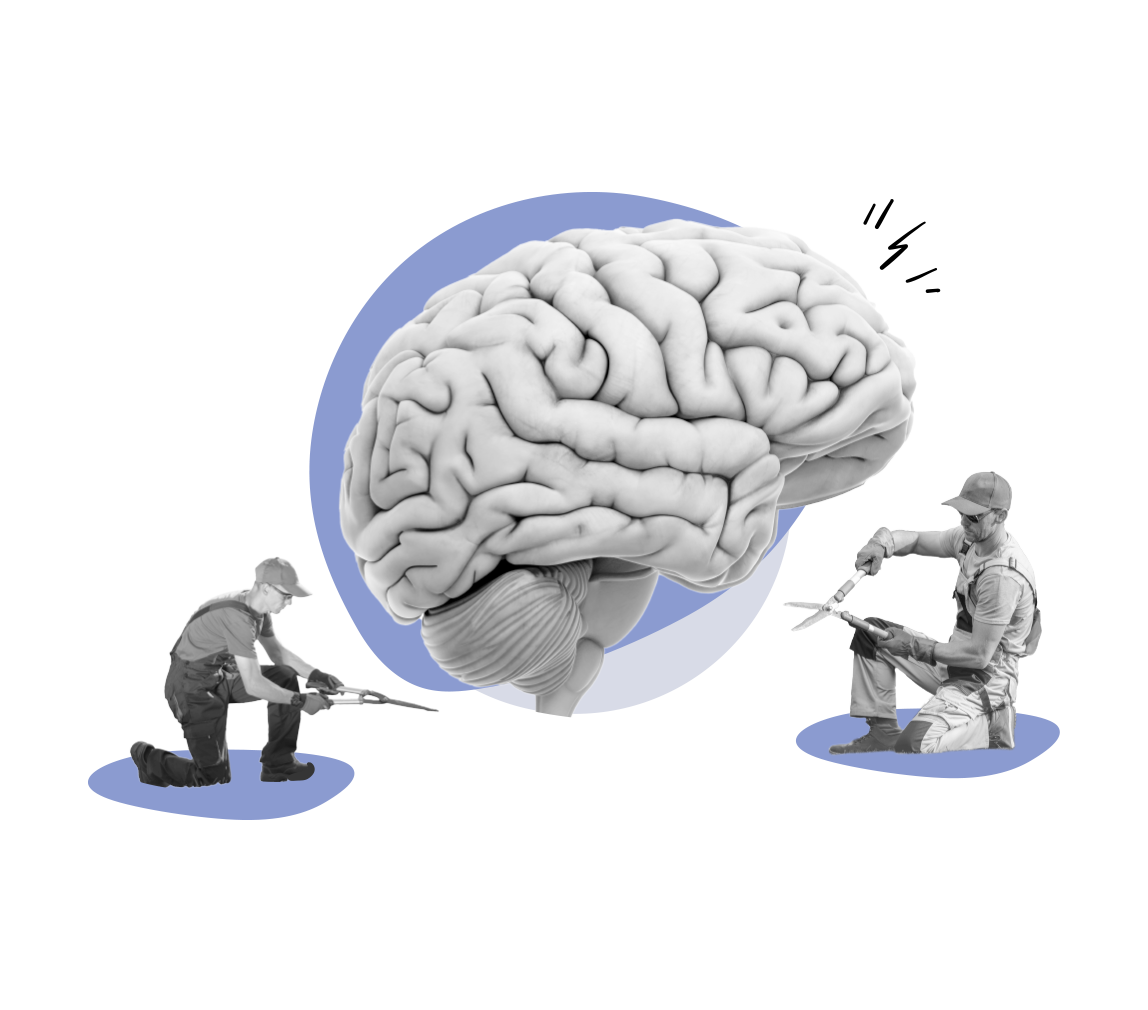What is the vagus nerve?

The vagus nerve just might be the most important nerve in your body. That is because it is essential to all of the automatic background activity keeping you alive and well. While it is known as ‘the wanderer’, it should be called ‘the wonder.’
It’s called the wanderer because it journeys throughout much of your body, connecting your organs to your brain. We say ‘it’ but we should say ‘they,’ because the vagus nerve is actually two nerves. For simplicity, it helps to think of your vagus nerves as one nerve.
Your vagus nerve starts where your brain and spinal cord meet and drops down into your body where it attaches to your heart, lungs, spleen, kidneys, liver, stomach, and intestines. In this way it allows communication between brain and body.
Roughly 80% of your vagus nerve’s fibers carry sensory information — reports on the state of things — from your organs to your brain. The rest of the fibers carry regulatory information — orders of actions to take — from your brain to your body.
Using this two-way channel, the vagus nerve helps you to:
- regulate your heart rate and breathing
- digest food
- combat inflammation
- deal with stress
- manage energy
- balance moods
- maintain a healthy gut
Because of its role in the body and its connections to the brain and organs, the vagus nerve is being explored as a powerful tool for healing. Vagus nerve stimulation and activation is already being used to treat everything from headaches, depression and sleep disorders to asthma, autism, and Parkinson’s disease.
As scientists unpack more and more of the vagus nerve’s hidden talents, the wanderer is proving more and more a wonder.

